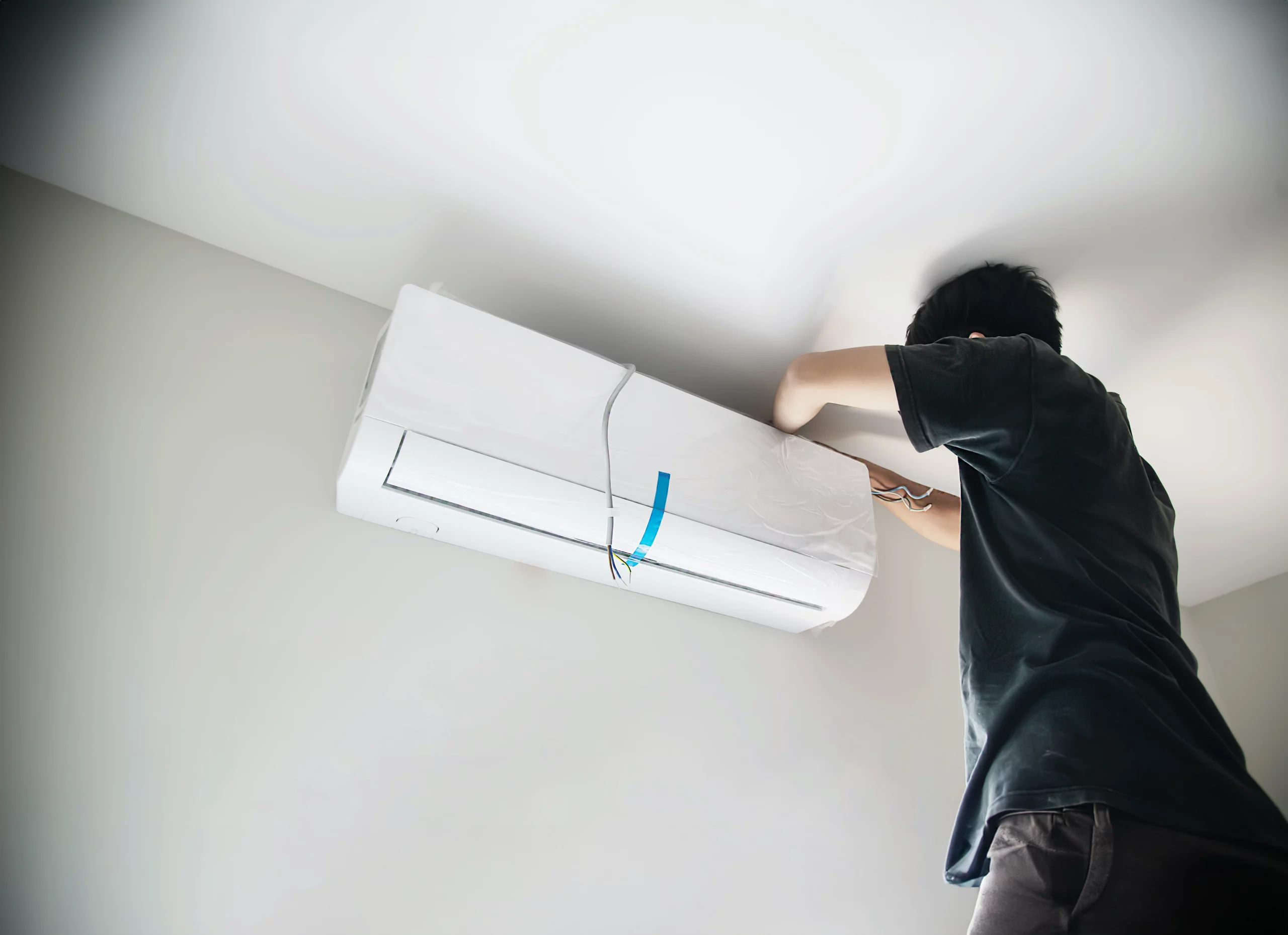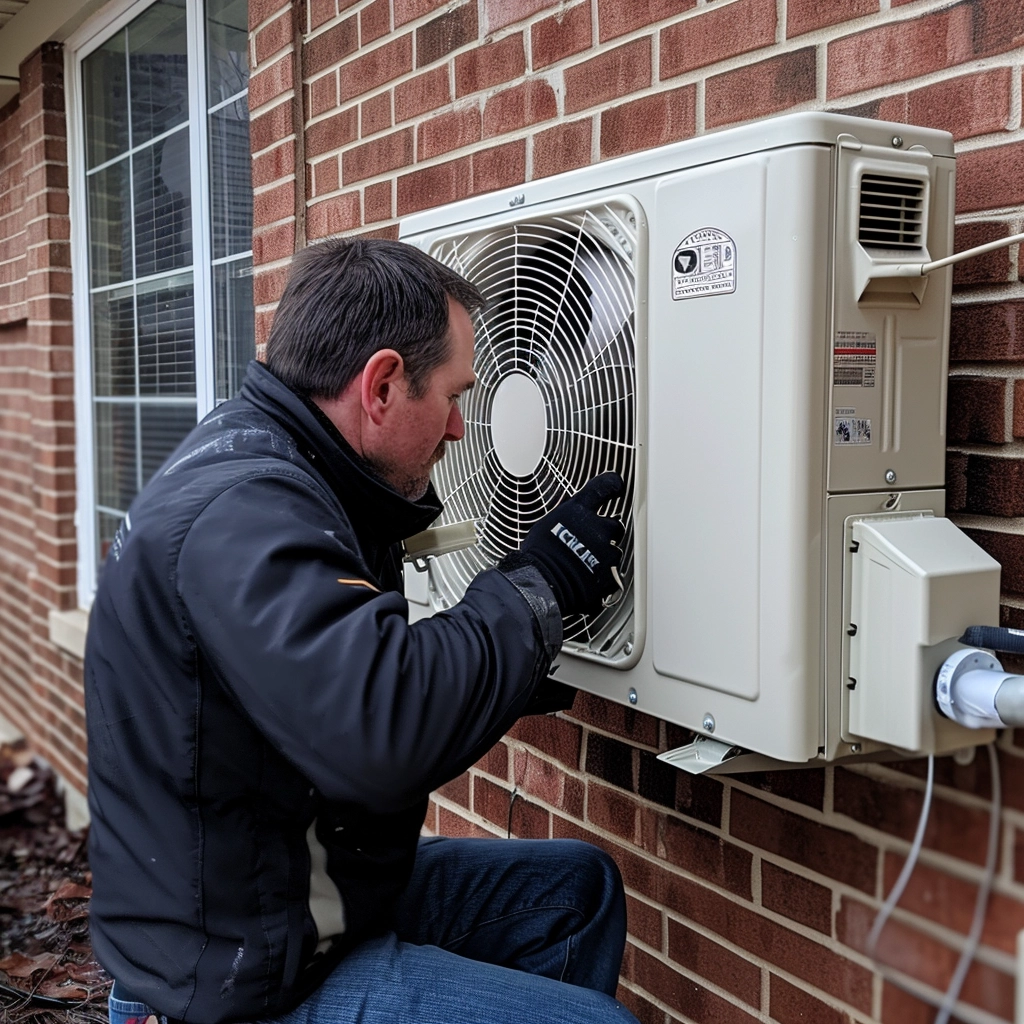we care about your family just as much as we care about ours! We want to ensure that your water doesn’t go cold when you need it most; that’s why we’re available 24/7!


Why choose us?
We offer some of the best quality services around at competitive prices. Friendly customer service staff who are happy to answer any questions you might have. Professional technicians who know what they're doing and will do their best to make sure your unit is working properly again as soon as possible

Fast Service
We know how important it is for your home or business to be comfortable at all times of the year, which is why we always make sure to provide quick and efficient service at prices that won't break the bank. Our team of experts will ensure that your system is working properly again in no time!
We’re proud of our reputation for excellence, and we want to help you keep your water heater working like new for years to come! For more information or to schedule an appointment, please contact us today!








FAQ
Hiring a professional water heater repair service UK is essential if you want to ensure your hot water heater is up and running as quickly as possible. These services are well equipped to handle a range of common issues. They are also able to provide you with a full quote, so you know exactly how much to expect before the work begins.
The cost of the hot water heater repair will depend on the type of damage. If the damage is minimal, the water heater may only need a minor repair. However, if the problem is more serious, you may need a new heater. A new unit will be more expensive than repairing the current one.
Some of the issues that may require hot water heater repair include sediment buildup, leaks, and mineral deposits. These can reduce the efficiency of the water heater and decrease the supply of hot water throughout the home. Some of these issues can be repaired by draining the tank.
The best thing to do if your hot water heater is giving you problems is to consult a plumber. Your plumber will be able to diagnose the problem and provide an estimate of the repair cost. The plumber will also be able to tell you how long the system should last if you keep your water quality up.
While a water heater is an important part of your home, it can also experience problems from time to time. As such, it is best to contact a professional plumbing company when problems arise. The most common problems include hot water that isn’t hot enough or too hot, dirty water, or a rusty smell.
Water leaks may occur due to a loose connection or a striped threaded needle. If this happens, you should replace the valve or repair the drain line. Water can also leak from the tank because of corrosion. In some cases, you may need to replace the entire tank. If you notice leaks from the top of the heater, it’s possible that the hot water out pipes are loose.
Another problem that might lead to a slow water flow is a blown pilot light. It can occur due to a malfunctioning thermocouple or a faulty pilot light control valve. If the water heater is unable to heat water quickly enough, it may have to be replaced with a more powerful unit. It may also need a dip tube replacement or a new thermocouple.
There are a few different factors that determine the lifespan of a hot water heater. A typical tank-style water heater lasts between eight and 12 years, but it can last up to fifteen years if properly maintained. By contrast, tankless water heaters do not need to be replaced often, and they can even last as long as twenty years.
If your water heater is in a poor location, it may have a longer lifespan than you’d like. While a bad location may not cause an explosion, it may make the water heater work harder. Ideally, water heaters are located in a well-ventilated area such as a basement. Those located in garages, for example, are typically not insulated and therefore will not keep as warm as the rest of the house. This will cause your water heater to work harder and longer.
Water heaters have an average lifespan based on the amount of use they receive. Proper maintenance and regular inspections can extend the life of your system. However, if you begin to notice certain signs that your water heater is nearing the end of its life, it may be time to shop for a new one.
The first step to take when your water heater is leaking is to identify the source of the leak. A leak in a water heater is usually caused by a faulty drain valve. The valve should be replaced if it is loose. The leak can also be caused by sediment that has built up in the bottom of the water tank. This sediment can corrode the inner lining of the water heater and cause it to leak.
Leaks in water heaters can lead to a lot of damage if not addressed quickly. Water damage can destroy floors, walls, and other valuables. This is why homeowners want to find a way to fix the problem as soon as possible. However, many homeowners do not know where the leak is coming from or why it is happening. In such cases, identifying the source of the leak can save homeowners a lot of time and money.
Leaks in water heaters can be caused by a variety of reasons, including a cracked tank or temperature relief valve (TPR valve). The best way to detect a water heater leak is to examine the tank for a TPR valve, which should be located near the top of the water heater. If it is malfunctioning, a plumber can replace it. In addition, a loose pipe connection near the top of the water heater can also cause a leak.
Replacing a water heater is expensive, and many people opt for repair instead. However, replacing a water heater can save you money in the long run. In addition to the cost of replacement parts, replacing an old unit with a new one will also provide better performance.
Some signs that it’s time to replace your water heater include pressure changes, color changes, and smell. If you see these symptoms, consider hiring a plumber to perform the necessary work. A plumber will charge an hourly rate for their time. Also, it’s advisable to replace your water heater if it’s older than 15 years.
The costs for water heater repairs vary depending on the type of repairs needed. Some minor repairs cost as little as $50, while a full replacement can cost as much as $1,300. A plumber’s labor can cost anywhere from $40 to $150 per hour. However, the peace of mind you get from knowing that your water heater is repaired will be well worth it.
When your water heater isn’t heating water properly, it could be a sign of a number of problems. These range from a faulty gas control to a faulty thermostat. The best way to diagnose a water heater problem is to perform a diagnostic test on it. If you’re not sure what is causing your problem, call a plumber. They can determine the cause of your water heater’s problem and make a proper diagnosis.
The first thing you should check is the temperature and pressure-relief valve (TPR). This safety device releases excess pressure when the tank overheats. Failure of this valve can cause serious damage to property and even life. You should replace the valve immediately if you see it leaking or has a cap that has fallen off. It is also important to test this valve annually to avoid problems.
If you find a leak near the top of the water heater, it could be caused by a loose fitting, a faulty T&P valve, or a bad gasket in the tank. If the problem is minor, you can either remove the tank or replace the T&P valve. Otherwise, it will require a plumber to repair or replace the unit.
If you notice that your hot water heater is not producing enough hot water, you may want to inspect the system. If there are leaks or excess pressure, this could mean that the valves are stuck or faulty. If the valves are loose, flush them with hot water or use chlorine bleach.
You may hear strange noises, which are usually caused by sediment or scale building up on the heating elements. Noise can also be caused by a failing anode rod. If you hear banging or popping sounds from your water heater, you should check the connections and tighten the bolts if needed.
Power surges can also cause water heaters to stop working. To prevent power interruption, turn off the electric unit first, and wait half an hour before you try to fix the problem. Otherwise, you might be risking a dangerous electric shock. If the problem persists, contact a professional for assistance.
The answer is that the fuse in your water heater is probably not blown. The OP should check the feed from the fuse panel to the switch. There could be a short to the ground somewhere along the wiring. If it is, you’ll need to do some wire tracing.
If your water heater doesn’t work when you press the “On” button, it’s possible the fuse is blown. If this happens, you may have to replace it. A blown fuse is usually caused by a faulty electrical outlet. These outlets have loose connections and can cause appliances to blow fuses.
The breaker should be located in the main electrical panel. Make sure the breaker is rated for the amount of power the water heater draws. An electric water heater will need around 18 A of power, and a gas water heater will require less than 12 Amps. In Canada and the US, a water heater using a 240 V emf is rated for less than 12 Amps. To test the breaker, take out the fuse, and check the circuit. If the breaker has a dark metallic smear inside the glass, it is blown and needs replacing.


